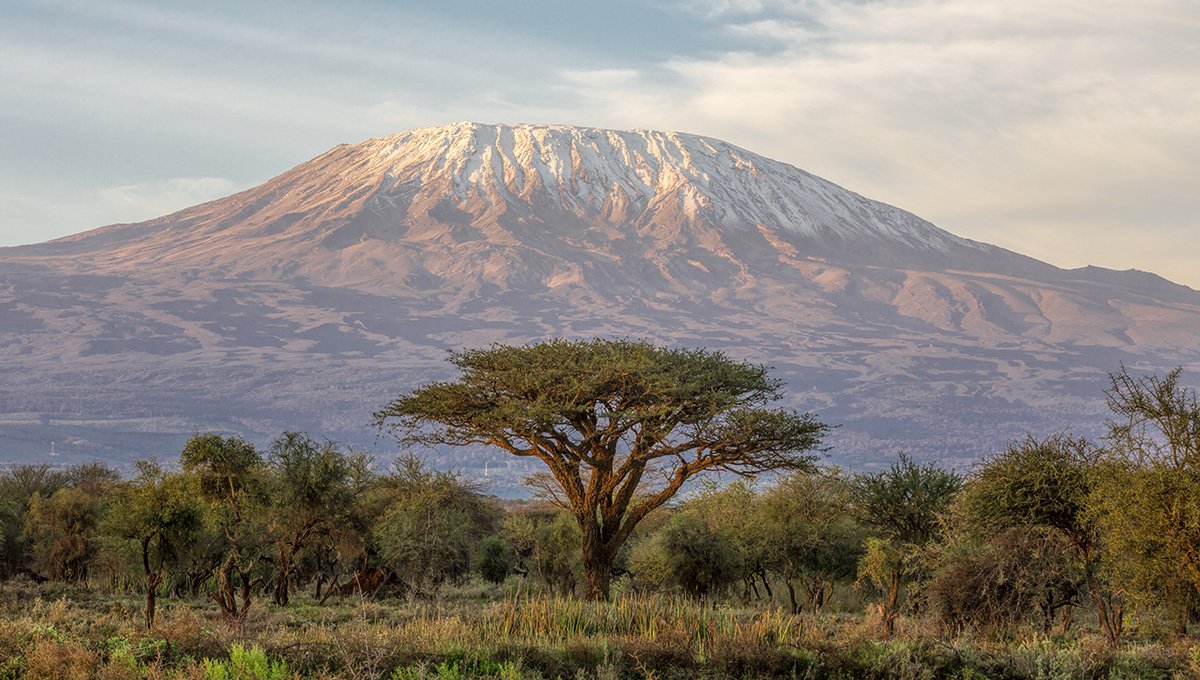In the current scenario of impact investing, emerging markets are something that can not be ignored by financiers. Africa, being the fastest-growing continent with immense potential for technology adoption, natural resources, and human capital, offers both financial and impact opportunities. Jennifer Kenning, CEO and Co-Founder of Align Impact, rightly states, “You cannot be an impact investor without considering emerging markets. Investing in Africa presents both financial and impact opportunities.”Source:https://www.alignimpact.com/
Investors who are looking to make a difference and earn a profit should seriously consider Africa. As the second largest continent in terms of landmass and population, Africa offers abundant untapped natural resources, extensive potential for sustainable agriculture, transformative free trade agreements, improving women’s rights policies, and a booming digital commerce sector. It’s a perfect combination for those seeking strong returns and positive global change.Source:https://www.alignimpact.com/
1. Africa has a rapidly expanding workforce, with over 60% of its population under the age of 25. This demographic advantage, combined with ongoing technological and infrastructural improvements, sets the stage for robust economic growth in the coming years.[1]
2. Africa holds significant reserves of energy and natural resources. It accounts for 40% of the world’s gold and 30% of its mineral reserves. Additionally, its vast oil and gas resources are becoming even more valuable amid the energy crisis caused by the Russia-Ukraine conflict. For example, Mozambique possesses 150 trillion cubic feet of liquefied natural gas (LNG) in offshore reserves. Foreign direct investment (FDI) is also driving the development of the Uganda-Tanzania pipeline.[1]
3. Africa holds 60% of the world’s uncultivated arable land. With global food demand projected to increase by 70% by 2050, Africa’s vast agricultural potential is crucial in meeting this challenge. Impact investors can contribute by supporting agricultural start-ups and modernizing farming practices on the continent.[2]
4. Africa has the potential to become a green energy hub. With vast resources for wind and solar energy generation, the continent can play a crucial role in mitigating climate change. Investment at scale is essential for expanding access to clean energy and meeting climate goals. Africa’s renewable energy capacity could reach 310 GW by 2030, making it a global leader in clean energy production.[3]
5. The African Continental Free Trade Area (AfCFTA) is set to revolutionize trade in Africa. With a market of 1.2 billion people and a GDP of $2.5 trillion, AfCFTA is the world’s largest free trade area. It allows for streamlined cross-border financial transactions, trade expansion, greater transparency, and increased collaboration. AfCFTA has the potential to lift 30 million people out of extreme poverty by 2035.[4]
6. Impact investing in Africa contributes to social impact and women’s rights. The AfCFTA will open up new markets and enhance trade, benefitting women, who account for around 70% of informal cross-border traders in Africa. It will improve conditions for women entrepreneurs, providing them with established trade channels and protections against harassment, violence, theft, and imprisonment.[5]
7. Investing in Africa ensures diversification. African countries, through AfCFTA, can harness their collective market power and grow exports. The agreement is expected to boost manufacturing and increase employment opportunities and income. African exports could increase by $560 billion, and consumer and business spending may reach $6.7 trillion by 2030.[6]
8. Africa’s digital transformation and increased internet penetration offer opportunities for digital commerce. Africans are rapidly embracing digital technologies, conducting business online, and acquiring digital skills. As connectivity improves, access to new markets and professional growth through online education and mentorships become more accessible, providing young entrepreneurs with new opportunities.[1]
Overall, impact investing in Africa holds immense potential for both financial returns and positive social impact. However, due diligence is crucial in assessing different regions and industries. Investors must also be aware of potential risks such as political tensions and inadequate infrastructure. Nonetheless, many companies have already invested in Africa’s future, recognizing the continent’s vast opportunities and the potential for high returns on investments.[7]
Through expanded trade, increased manufacturing, investment in infrastructure development, improved internet penetration, and job training, Africa is poised for remarkable growth. Investing in the continent not only offers financial rewards but also presents an opportunity to contribute to sustainable development and positive change for Africa and the world.[1]









